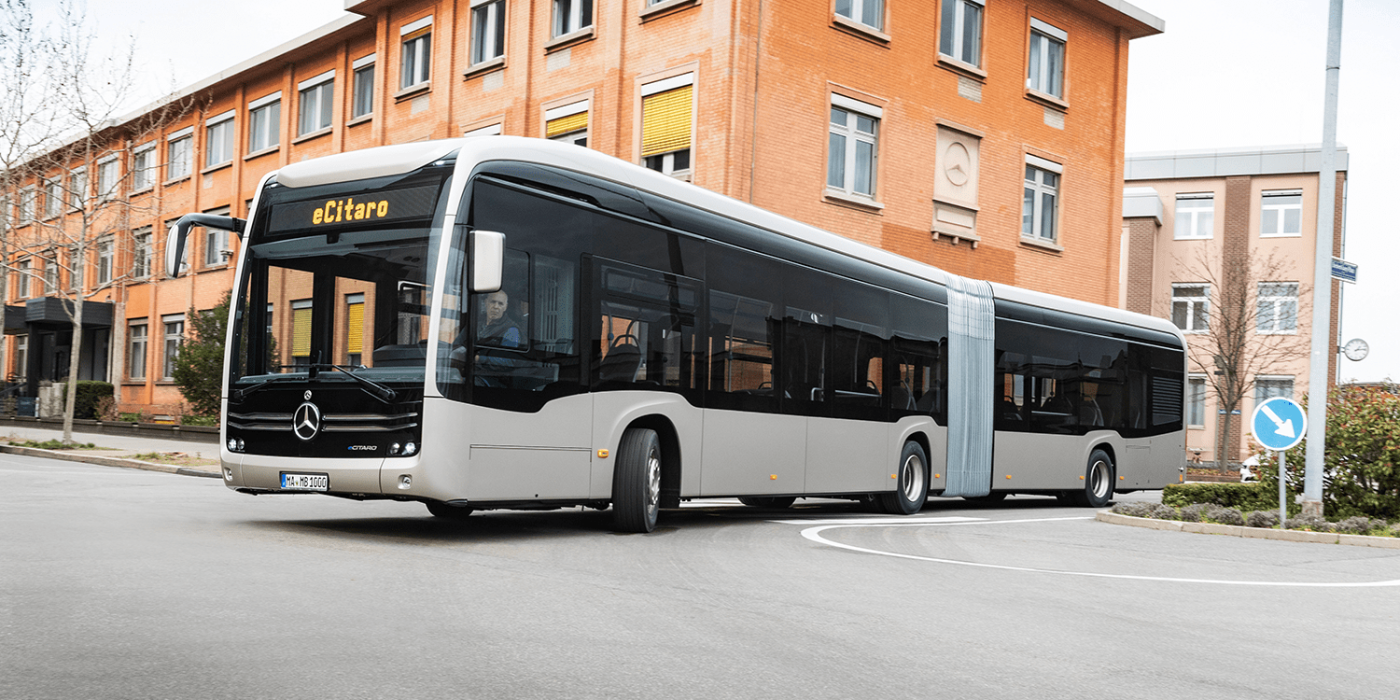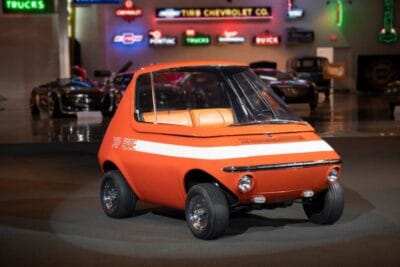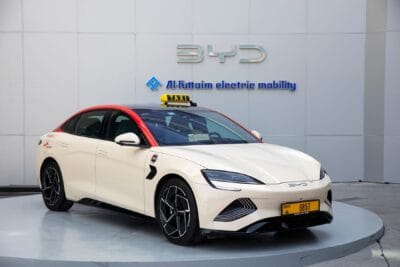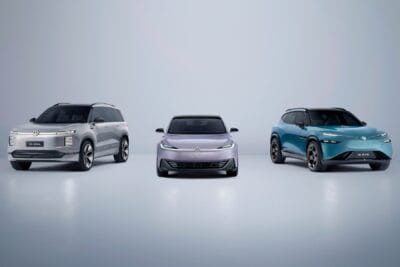Mercedes to build 92 eCitaro buses for Rennes, France
The French Rennes Métropole municipal association has commissioned the Daimler subsidiary EvoBus to supply 92 eCitaro buses. The 33 solo and 59 articulated fully electric buses shall go into operation successively between 2022 and 2025 in the Breton capital’s STAR bus network.
The contract for EvoBus is the result of a tender launched by the association of municipalities in August 2019 with an investment volume amounting to 60.5 million euros. The e-buses will recharge via pantograph, and the eCitaro comes standard with DC charging via plug and a charging capacity of up to 150 kW. Only recently have the electric buses also been available with 300 kW pantographs.
The STAR network in the metropolitan region of the Breton capital comprises 150 bus lines. Rennes Métropole itself has 272 buses, including 174 articulated and 98 standard buses. Private bus companies contribute another 218 vehicles. The latter is to be powered solely by natural gas by 2030. According to a decision taken in 2015, the municipal association itself wants to operate only electric and natural gas-powered buses by 2030.
Rennes Métropole has already been testing several electric buses from Bolloré in cooperation with the transport company Keolis. Since 2018, seven solo buses of the Bluebus type have been operating in the network, and also, an articulated bus has been in service for a few days. The French media interpret the contract with Daimler as a setback for Bolloré.
Daimler also continues Bolloré’s solid-state battery tradition. Solid-state batteries “have a very high energy density which is around 25 per cent greater than the coming generation of traditional lithium-ion batteries with liquid electrolyte,” says Daimler. The result is energy content of 441 kWh for the new eCitaro G the company just debuted as reported.
Mercedes also has a new generation of the existing NMC batteries on offer provided from the German supplier Akasol. While Rennes Métropole does not state which battery version they have opted for, they mentioned batteries made in Langen, that is at Akasol’s production facility. This suggests, the operator opted for the eCitaro buses with NMC technology. The use of a pantograph also points in this direction as solid-state batteries are restricted in their fast-charging capacity.
Additional reporting by Nora Manthey, UK.
sustainable-bus.com, metropole.rennes.fr (in French)





0 Comments